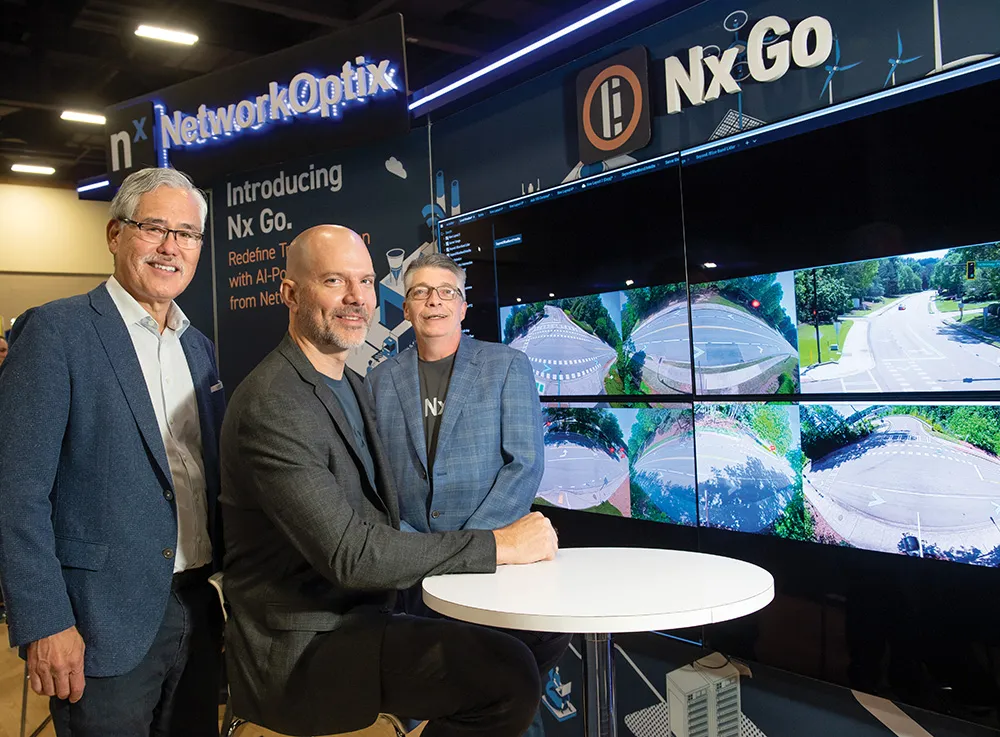
Yesterday’s Opening Plenary saw
He also said that test drivers were told that the prototype vehicle they were in could fail at any point yet started to trust the tech after just 15 minutes. Soon they were relaxed enough to enjoy the opportunity to do other things while traveling.
He also told of the difficulties in developing reliable systems to detect the world around them, including cyclists’ hand signals and knowing the difference between the flashing lights on a police car and those on a school bus. However, he said there remains the need to recognise anomalous situations that might arise – including a duck running around the road pursued by a lady in a mobility scooter.
Afterwards, The Best of ITS Awards presentation recognised projects that demonstrate specific and measurable outcomes and exemplified innovation by establishing a ‘new dimension of performance.
Oregon DOT won the Best New Innovative Products, Services or Applications award for its ‘OR 217 Active Traffic Management’ for implementing ITS including as queue warning, variable advisory speed signs and grip sensors to counter some 200 accidents per year.
The Sustainability and Transportation award honoured Utah DOT’s ‘Winter Road Weather Index’ project while
ITS America’s President and CEO, Regina Hopper said: “These companies are moving the industry forward and proving that they will improve our quality of life.”








